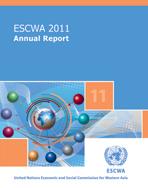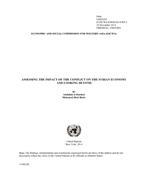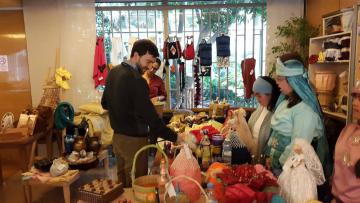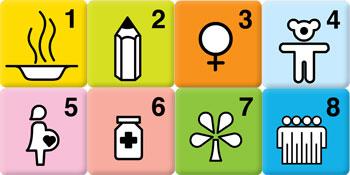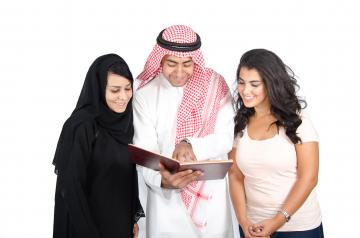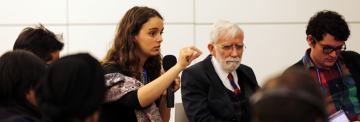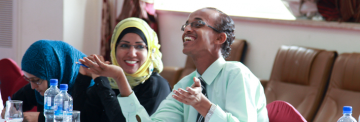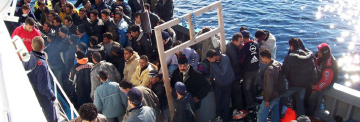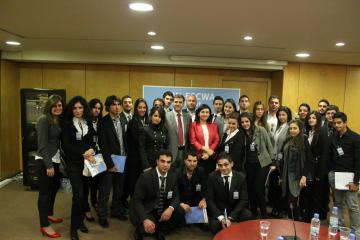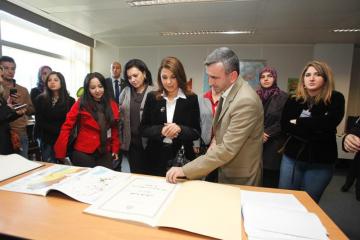The year 2011 was a turning point for the Arab world. The power of citizens has created new momentum for change, opening the door of opportunity for the Arab people. As an institution that provides regional public goods, ESCWA had to transform its approach to development.
Advanced Search Results
Website complete search | Advanced search
|
15 January 2015
|
|
15 January 2015
The report adopts the Computable General Equilibrium (CGE) model for simulation. The first section outlines a baseline scenario. The second section provides an assessment of the impact of early years of conflict (2011-2013) on specific economic sectors. |
|
15 January 2015
Persons with disabilities constitute one of the largest and most marginalized social groups in the Arab region. They have limited access to education, social protection and work, and are at greater risk of health problems and poverty than other social groups. |
|
15 January 2015
The Sustainable Development Goals (SDGs) are expected to become the basis of the new development paradigm after the conclusion of the Millennium Development Goals in 2015. |
|
15 January 2015
Decent work is essential for a life in dignity, and formal employment is a key for obtaining access to pension funds, health insurance, unemployment support, transfers related to maternity and disability, and other forms of social protection. |
|
15 January 2015
The Arab population stood at 363.3 million in 2012, forming 5.1 per cent of the world population, and is projected to reach 604 million by 2050. In addition to rapid population growth, the region is characterized by a sizeable youth bulge, and high urbanization rates. |
|
15 January 2015
The 15-24 age group makes up almost one fifth of the total population in Arab countries. Such a young population has the potential to accelerate development, but it faces significant hurdles in the form of massive unemployment and limited participation in decision-making. |
|
15 January 2015
The Arab region hosts one of the largest and fastest-growing migrant populations in the world. In 2013, the region hosted 30.3 million international migrants (8.24 per cent of the total population). |
|
15 January 2015
Participatory development is a process through which socio-economic policies and institutional reforms that will have long-term effects over a society are designed and implemented with the effective participation of citizens throughout. |
|
15 January 2015
Civil society organizations are taking on a growing role in Arab societies. They mobilized citizens during the Arab uprisings and have been prominent in debate on reform. |






